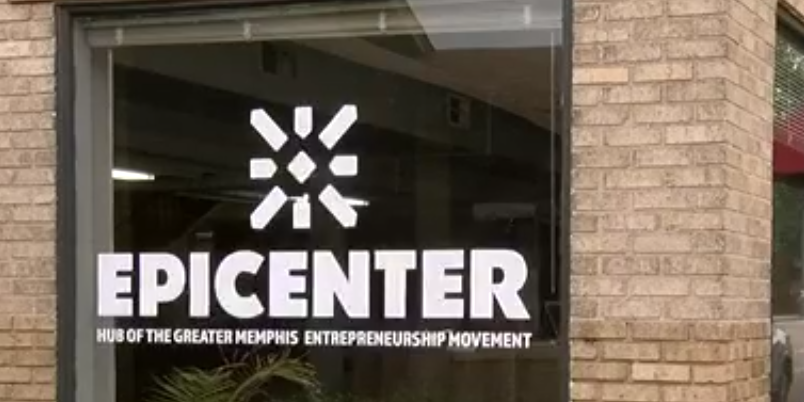Can you see what is taking shape on the left? That’s the look of liberals forming a circular firing squad to shoot at top Democrats running for the party’s 2020 presidential nomination.
The Democratic Party is highly unified in its opposition to President Trump. Independent and swing voters also tell pollsters they disapprove of Trump’s policies on taxes, immigration, and race relations. And the Party of Trump — formerly the GOP — lost 40 House seats in the midterms. That political reality makes Trump a weak candidate for reelection.

Juan Williams
But the Democrats still have to find a good candidate with an attractive message to beat even a bad candidate. The president’s supporters can see what’s up. Right-wing websites and Trump cheerleaders on talk radio are attacking possible Democratic candidates as budding socialists who will increase taxes and let every illegal immigrant run across open borders.
Trump’s white, working-class base is being warned on racial grounds that any Democratic nominee will ignore them while playing “identity politics” that favor blacks, Latinos, immigrants, women, and gays.
Trying to divide voters by race is so predictable for Trump’s team. What is surprising is that Democrats are too often fueling the Trump camp’s caricature by insisting on race-based review of their candidates. How painful and ironic will it be if racial debates inside the Democratic Party are allowed to weaken the focus on beating Trump and his racism?
For example, look at the attacks coming from the left against the leading candidate for the Democratic nomination in early polls, former Vice President Joe Biden.
Activists on the far left are bashing Biden for his support of President Clinton’s 1994 crime bill.
That bill had support from the Congressional Black Caucus at the time, being seen as an answer to high crime rates in black neighborhoods. But the old crime bill is now condemned by today’s activists, who take their cues from the Black Lives Matter movement. They fault the bill for pushing more black people into jail as a result of increased sentences for selling crack cocaine, and mandating longer sentences for repeat offenders and violent crime.
Biden is trying to get past this line of attack by asking for forgiveness: “It was a big mistake that was made,” Biden said at a Martin Luther King Day celebration last week in Washington.
Next in line for allegedly failing the racial test is a black woman, California Senator Kamala Harris. Her sin is that she was a prosecutor and California’s attorney general. “To become a prosecutor is to make a choice to align oneself with a powerful and fundamentally biased system,” according to an essay on The Intercept, a liberal website.
Also in line for the gauntlet of race-shaming are white candidates who did not show an interest in racial injustice early enough in their careers. Former New York City Mayor Michael Bloomberg, who supported controversial “stop-and-frisk” police tactics, as well as Senators Kirsten Gillibrand, Bernie Sanders, and Elizabeth Warren are all vulnerable on this point.
More broadly, this year’s Women’s March was a case study in how explosive racial issues — and, in that case, accusations of being soft on anti-Semitism — can splinter the unity of anti-Trump activists. Blacks, Latinos, and liberal women are at the heart of today’s Democratic base. There are record numbers of Latinos, Asians, and blacks now in Congress, and they are almost all Democrats. Honest debate about racial justice is overdue for both parties.
That debate will happen in the South Carolina primary, the first contest with a high percentage of minority voters. Early attention to that race indicates its importance for any Democrat trying to win the party’s nomination.
Democratic strategists know that Sanders would have beaten Hillary Clinton for the 2016 nomination if he had won more black and Latino votes. Democrats across the racial spectrum have to keep in mind that they have far more in common with each other than they do with Trump, a man whose racist rhetoric and white identity policies are damaging people of every color daily.
After a Black Lives Matter leader refused to talk with President Obama in 2016, Obama made the point that activists sometimes feel “so passionately … they never take the next step and say, ‘How do I sit down and try to actually get something done?'”
The most important “something” to get done right now is beating Trump. As liberal comedian Bill Maher is fond of saying, there is a big difference between a disappointing friend and a deadly enemy.
Juan Williams is an author, and a political analyst for Fox News Channel.


 Justin Fox Burks
Justin Fox Burks 



 Gow927 | Dreamstime.com
Gow927 | Dreamstime.com 
